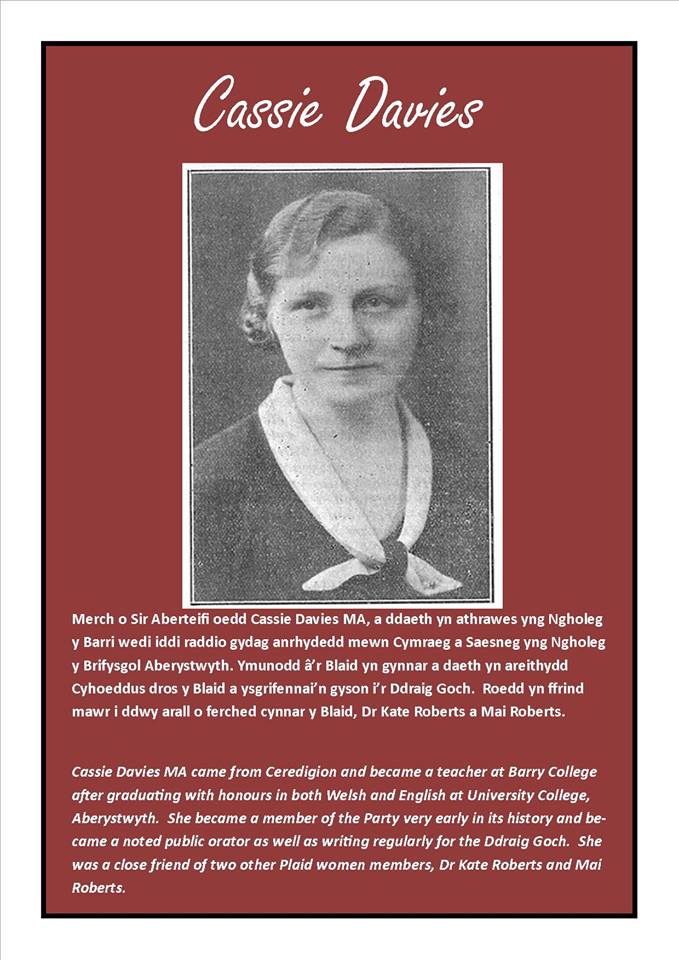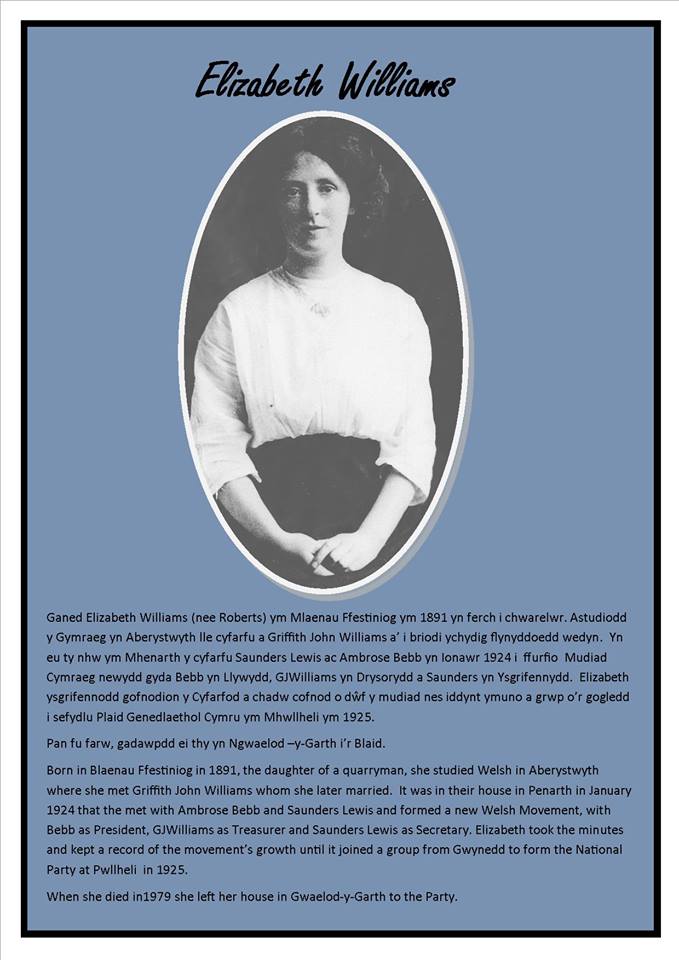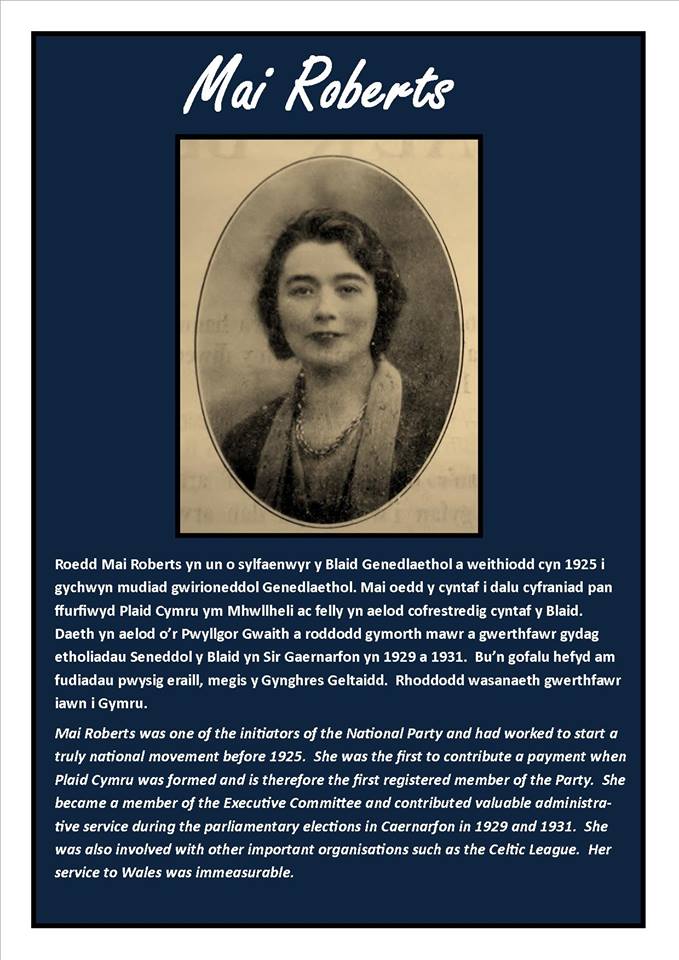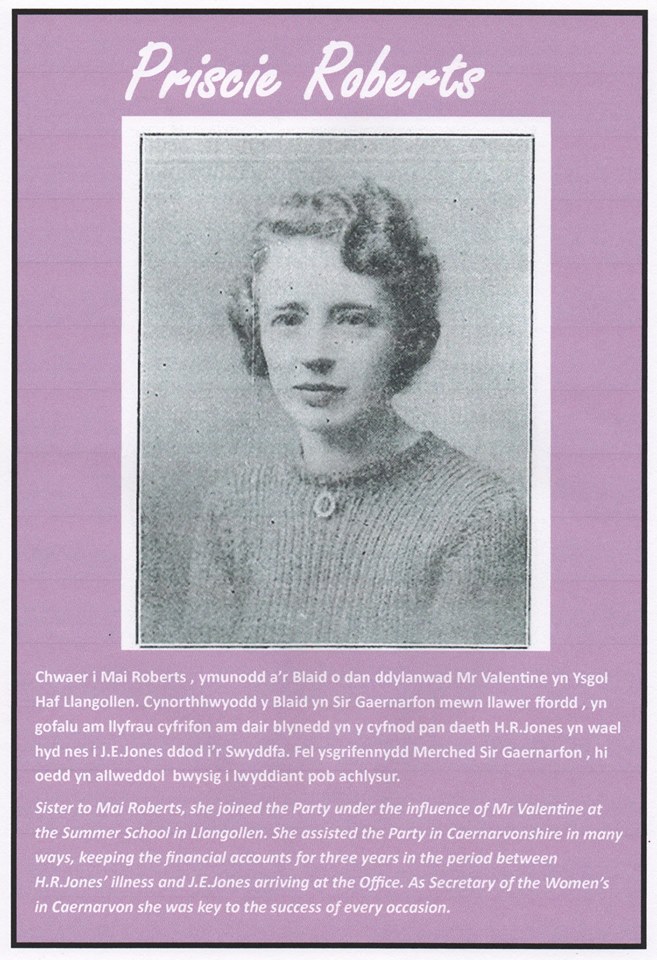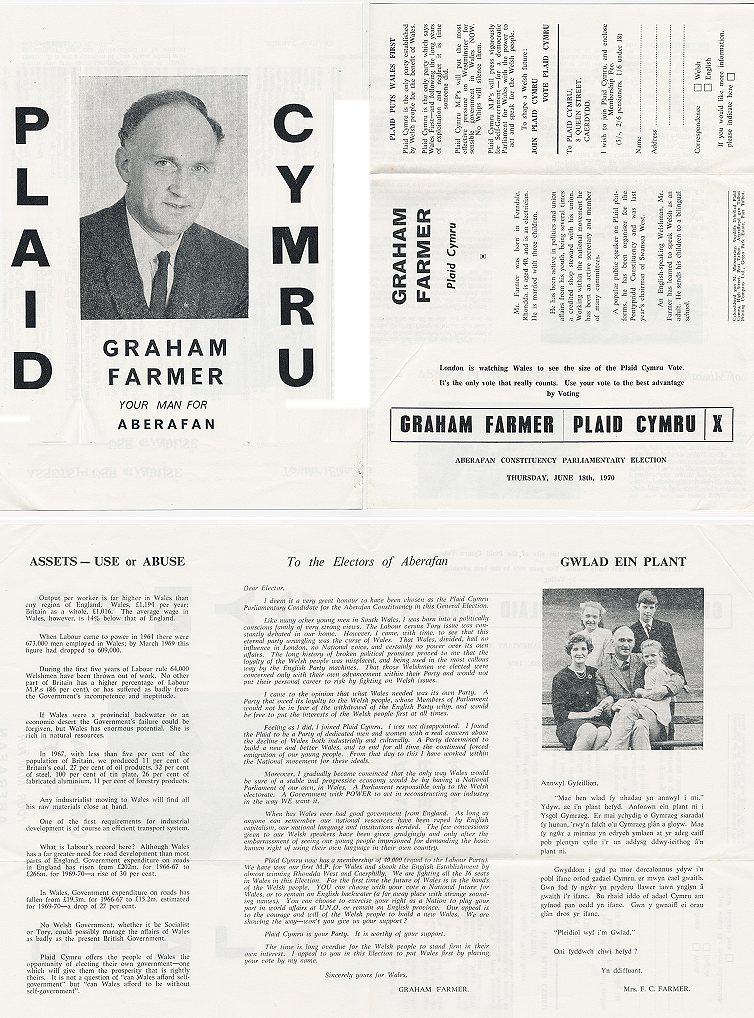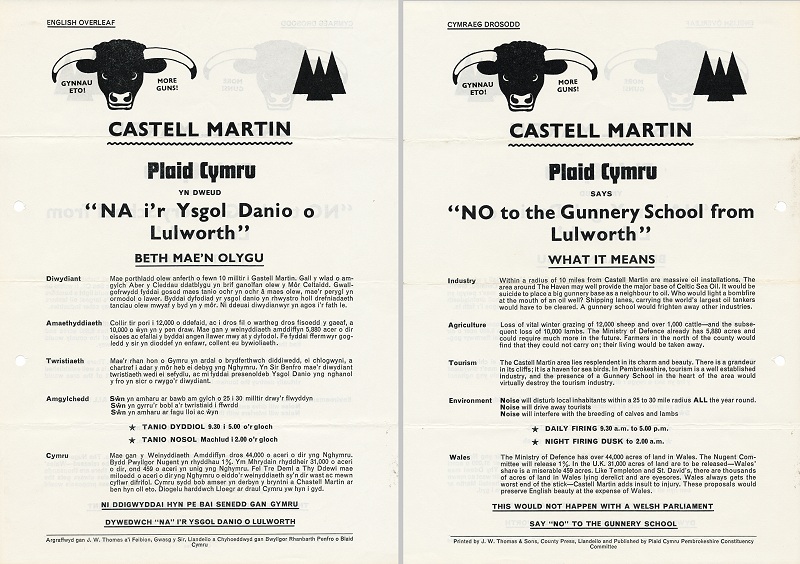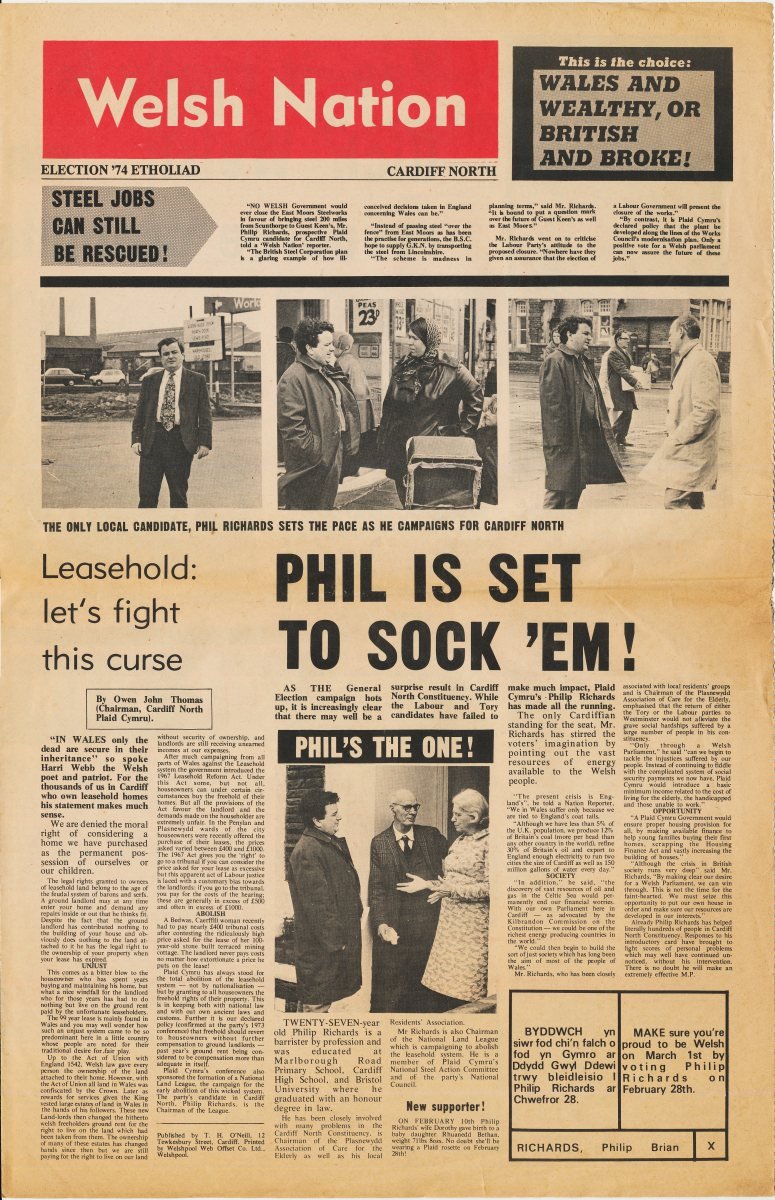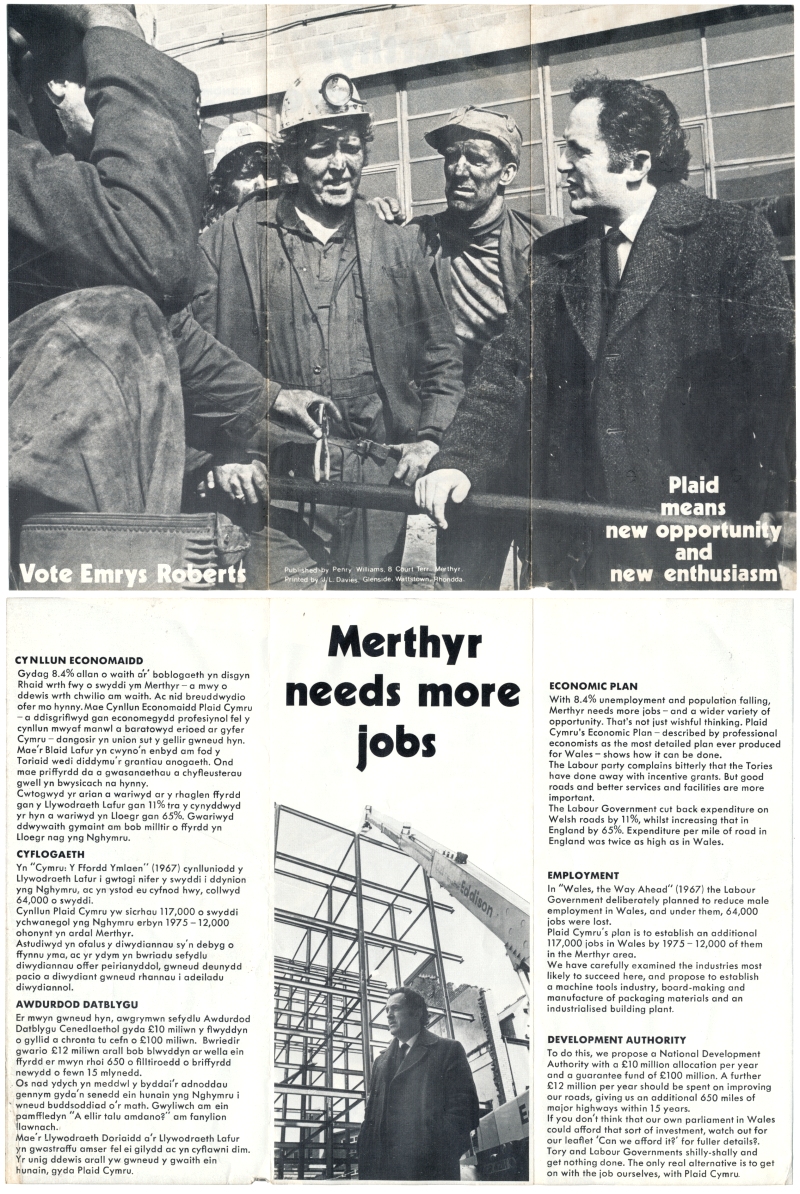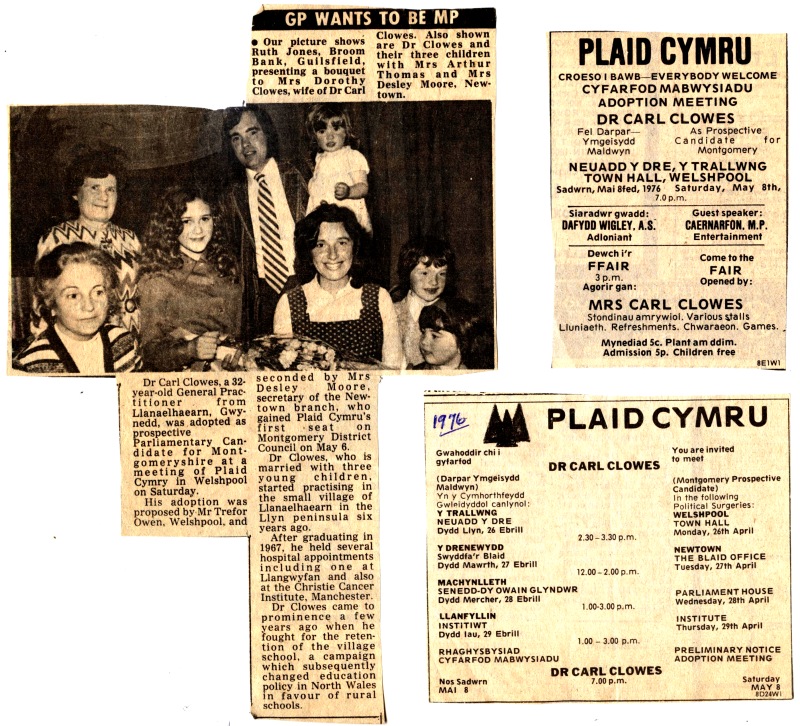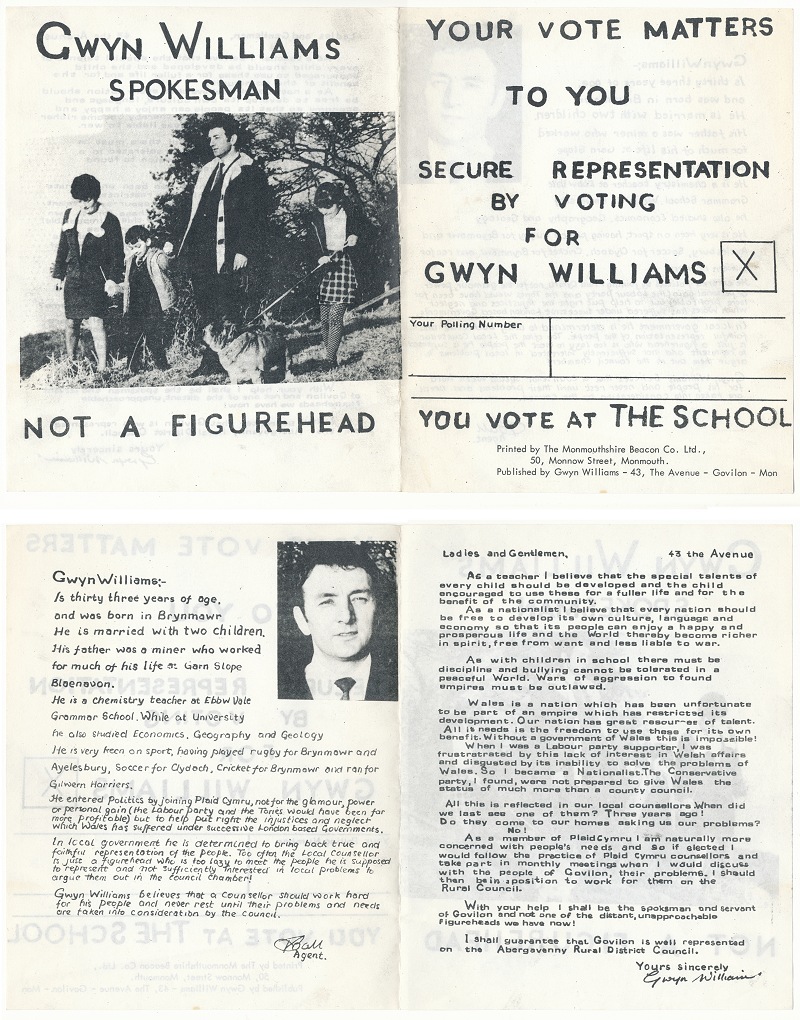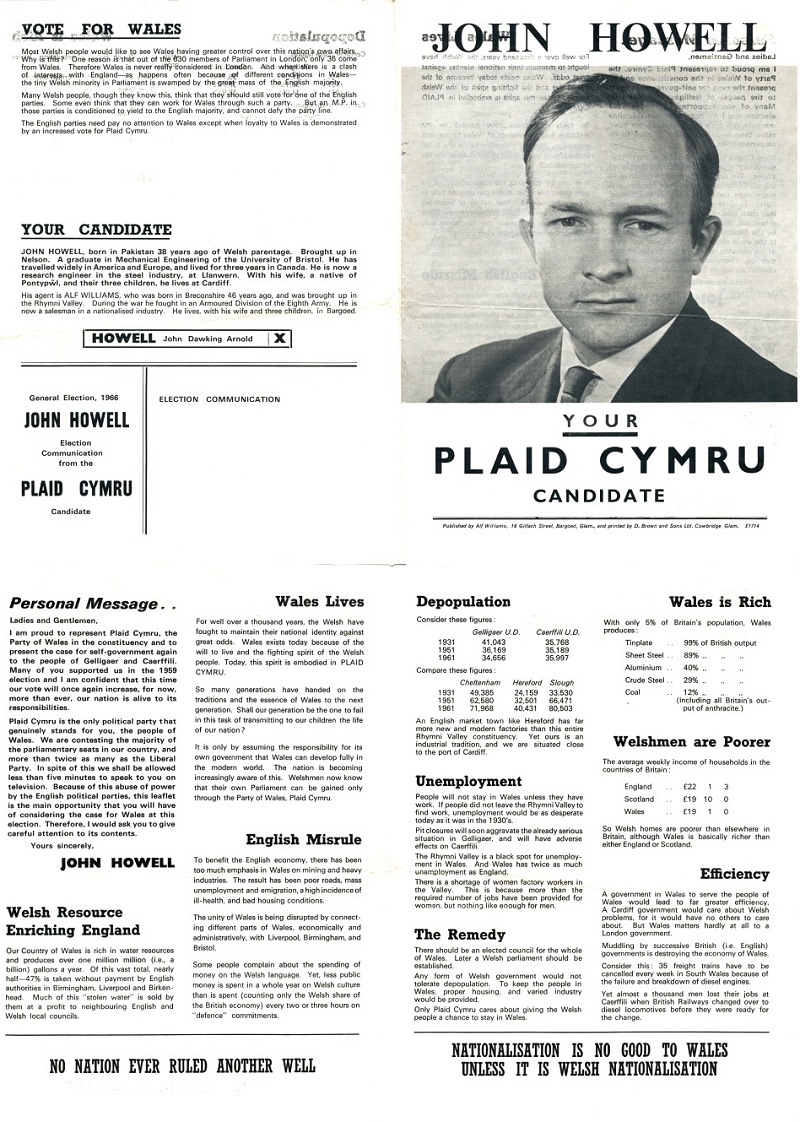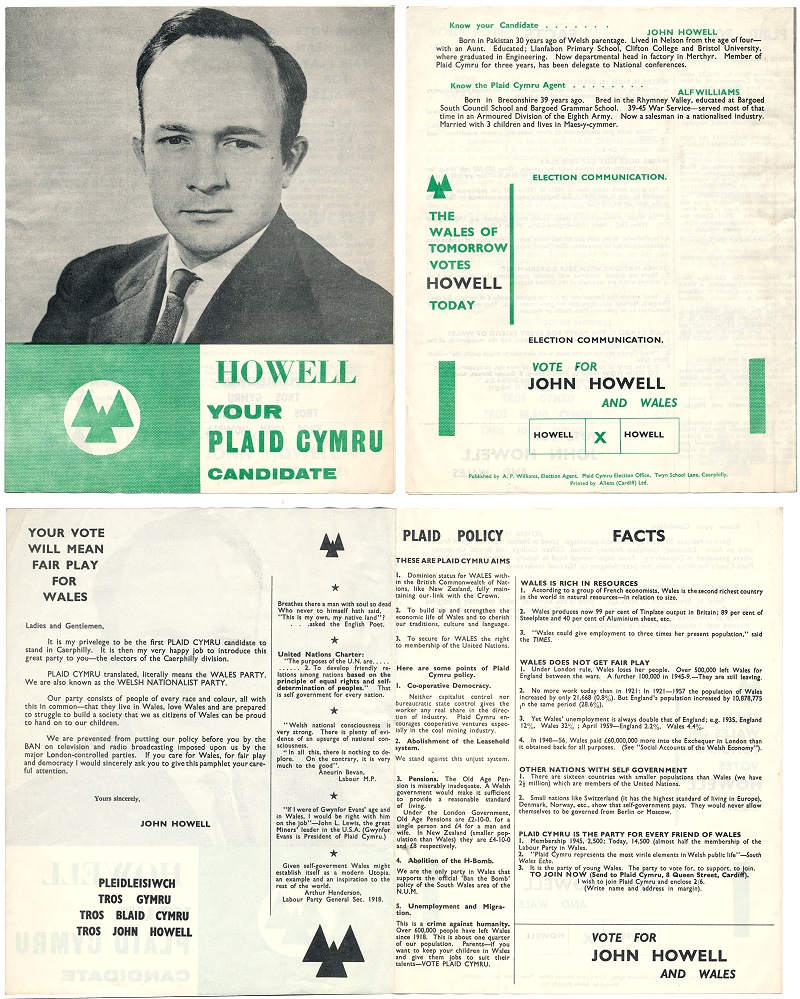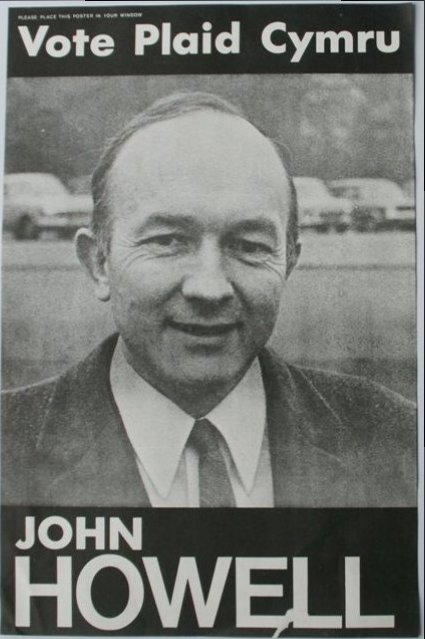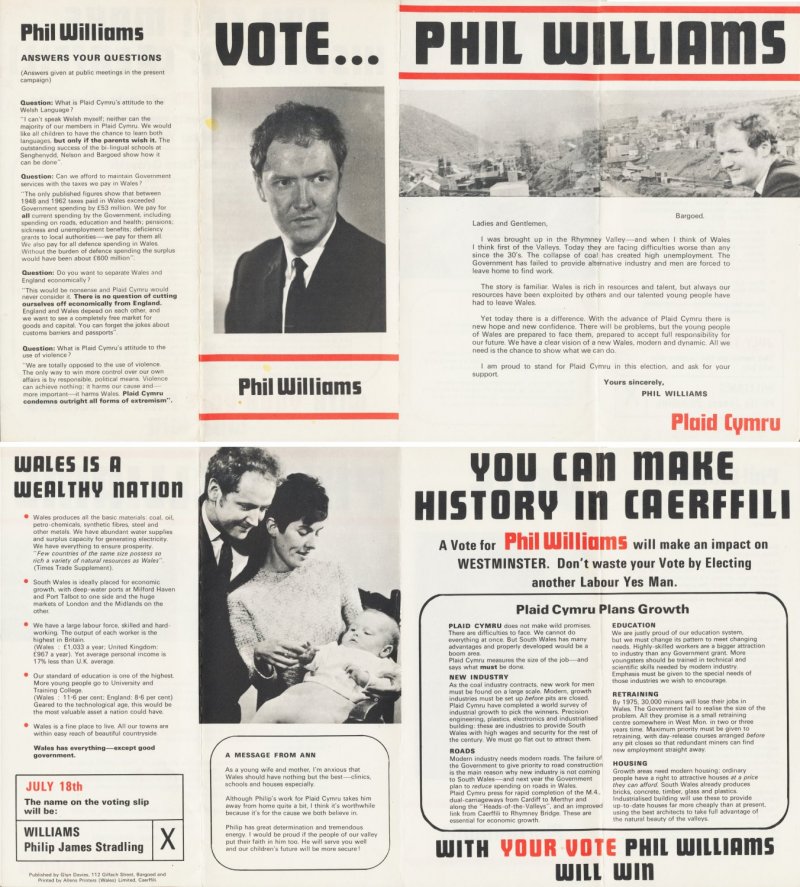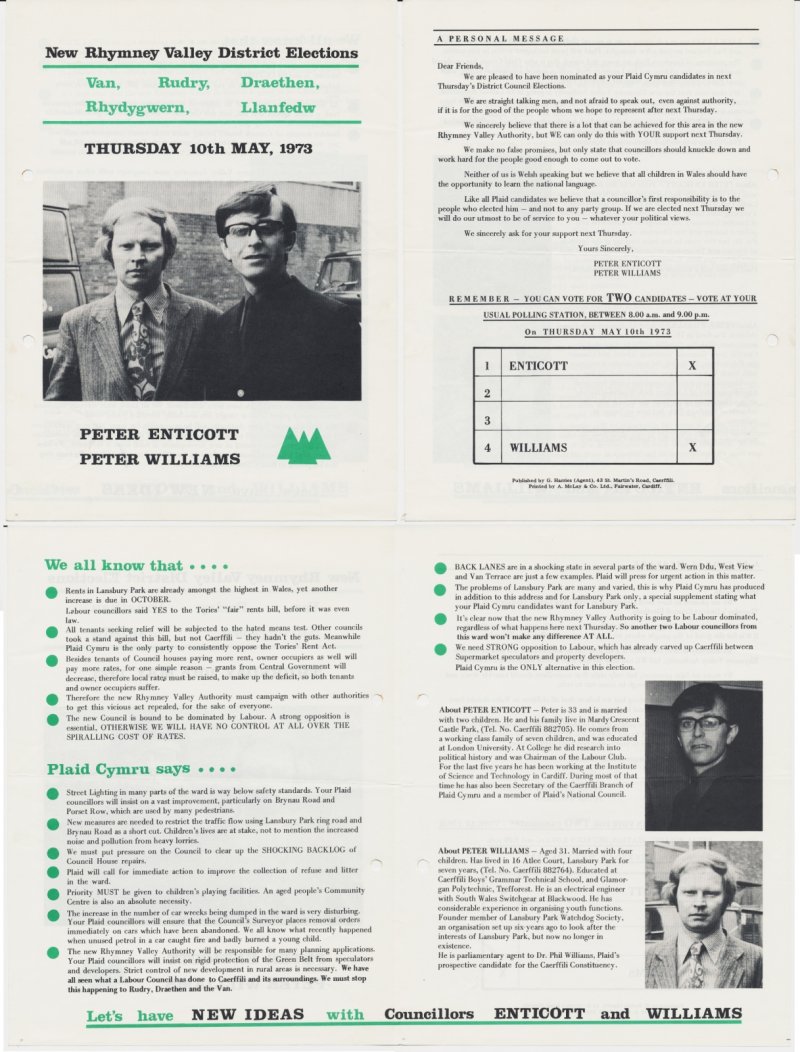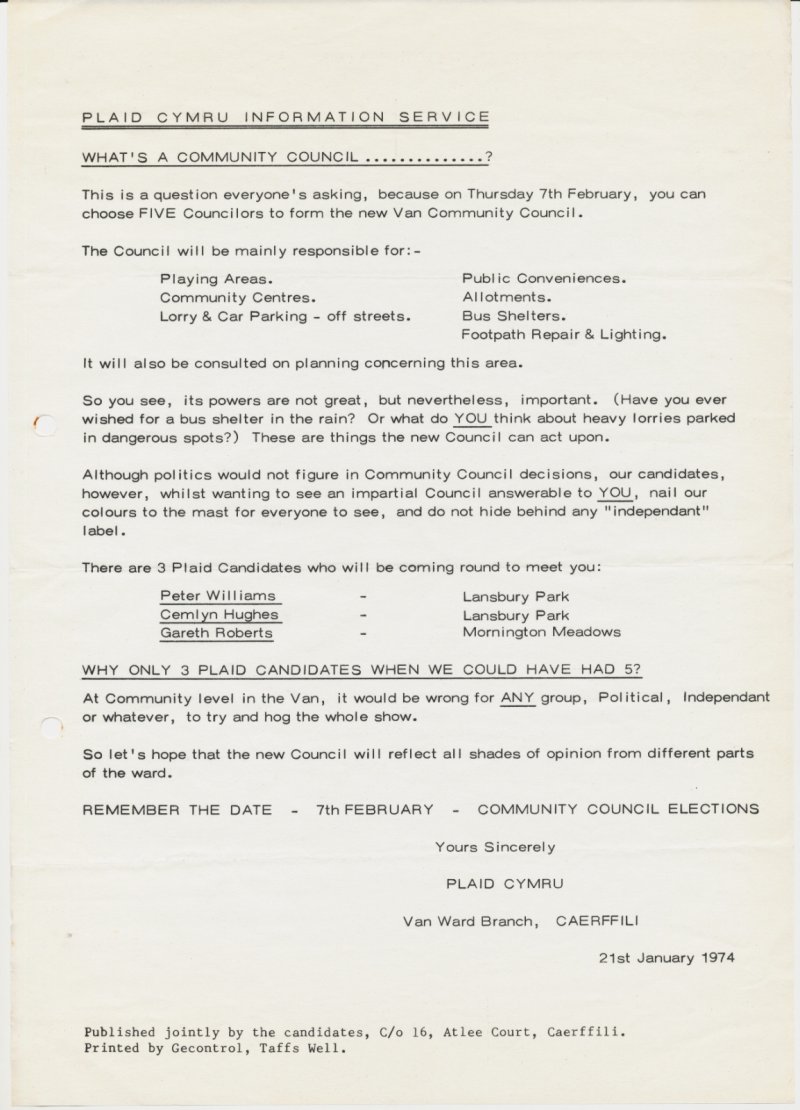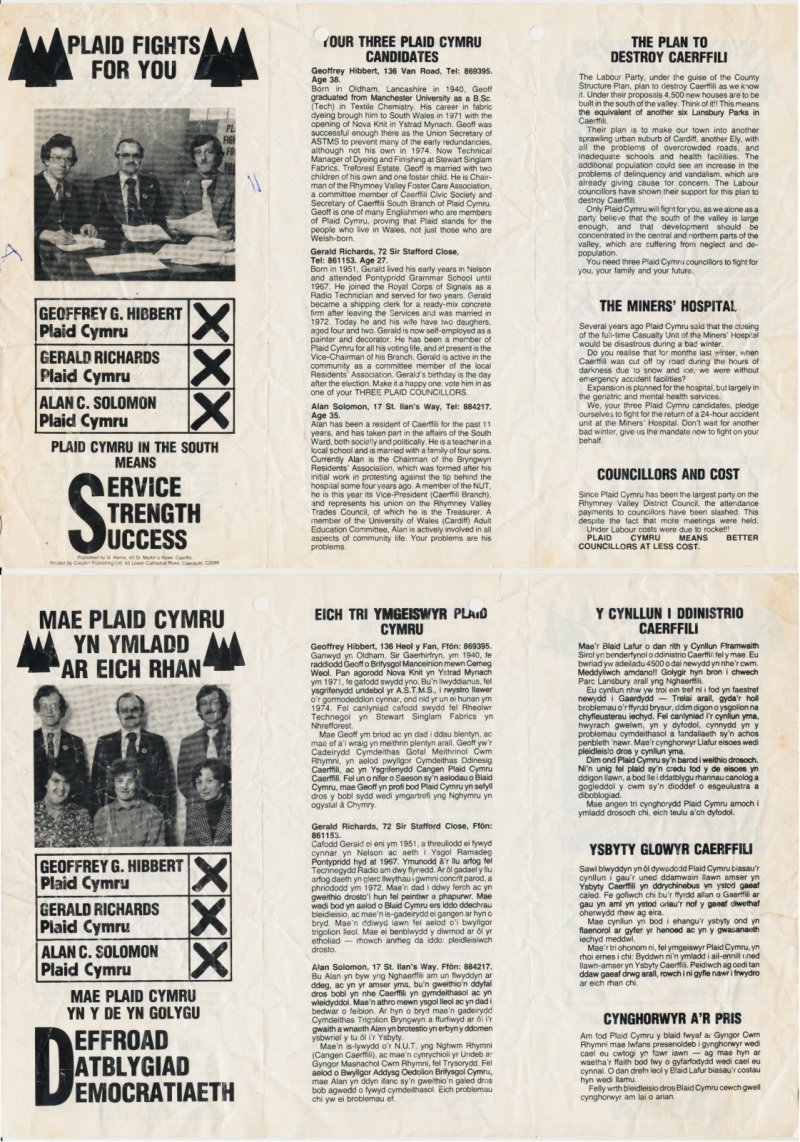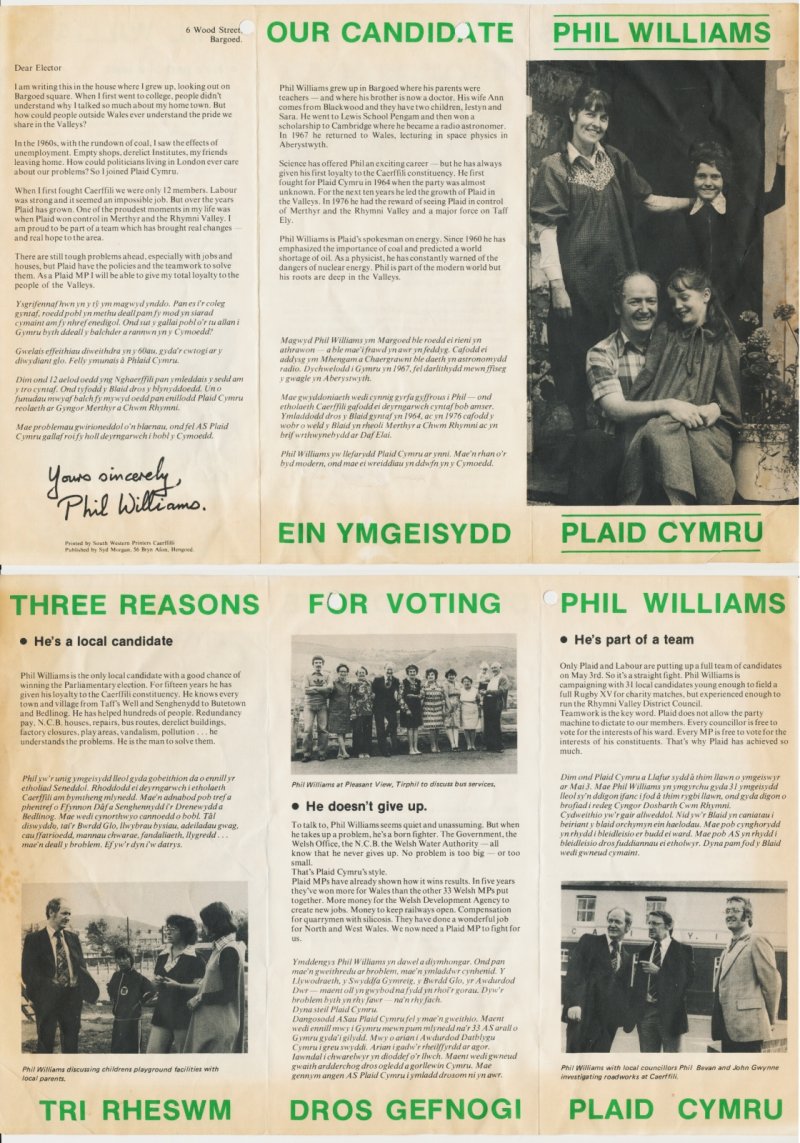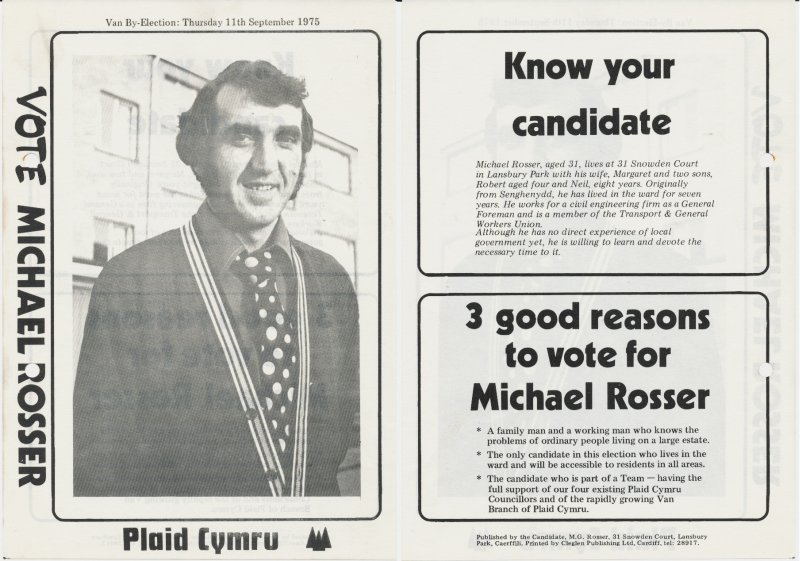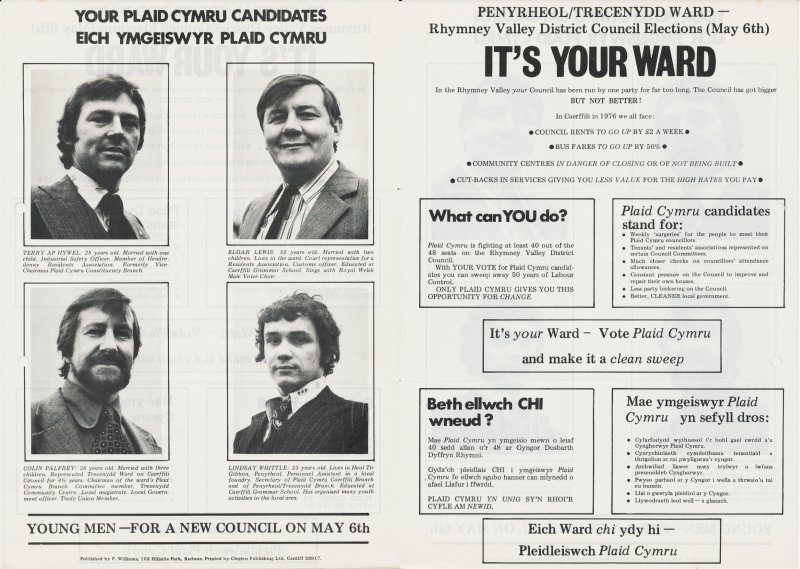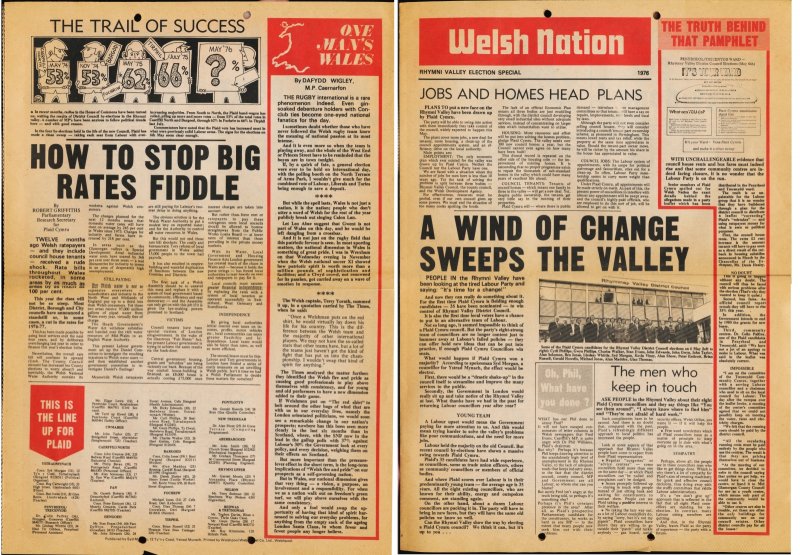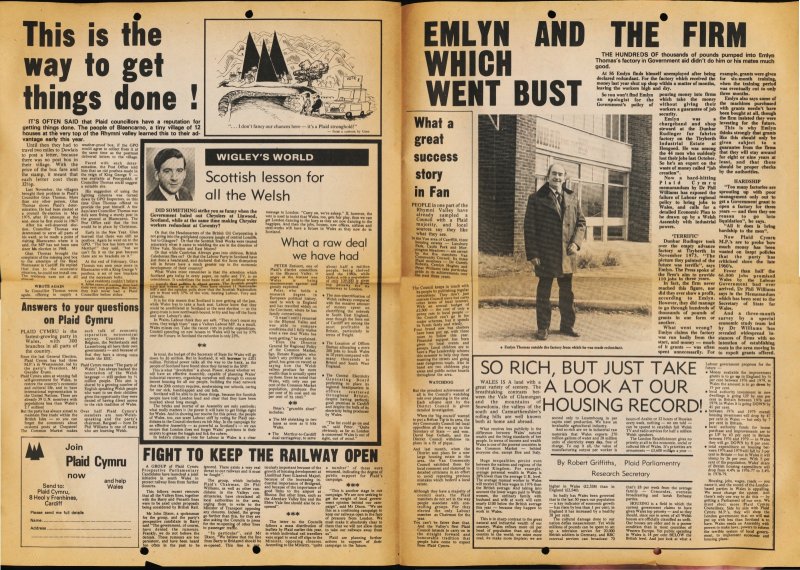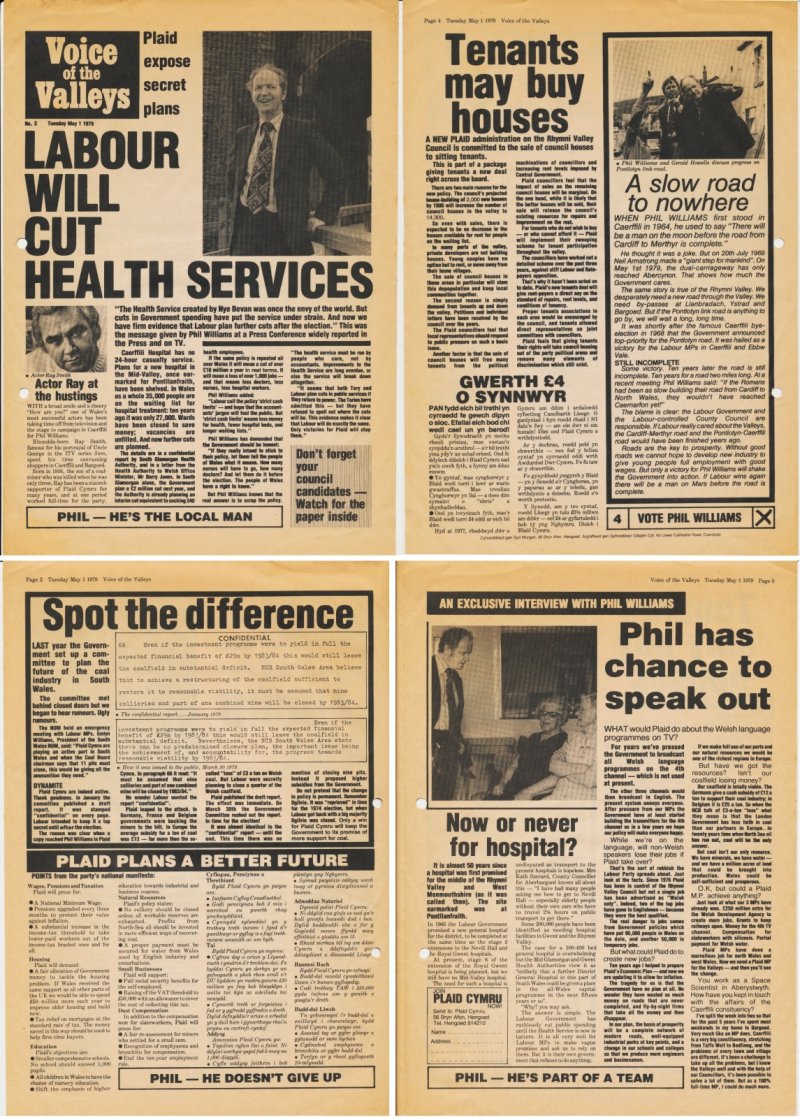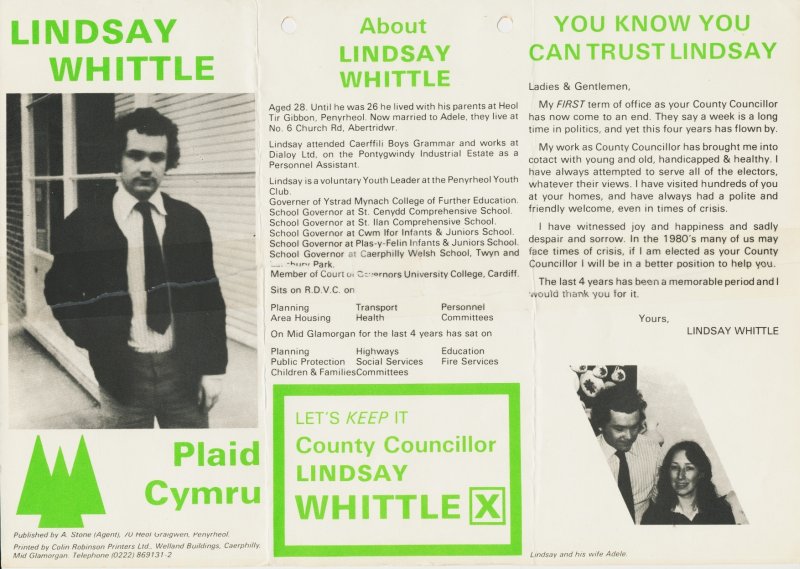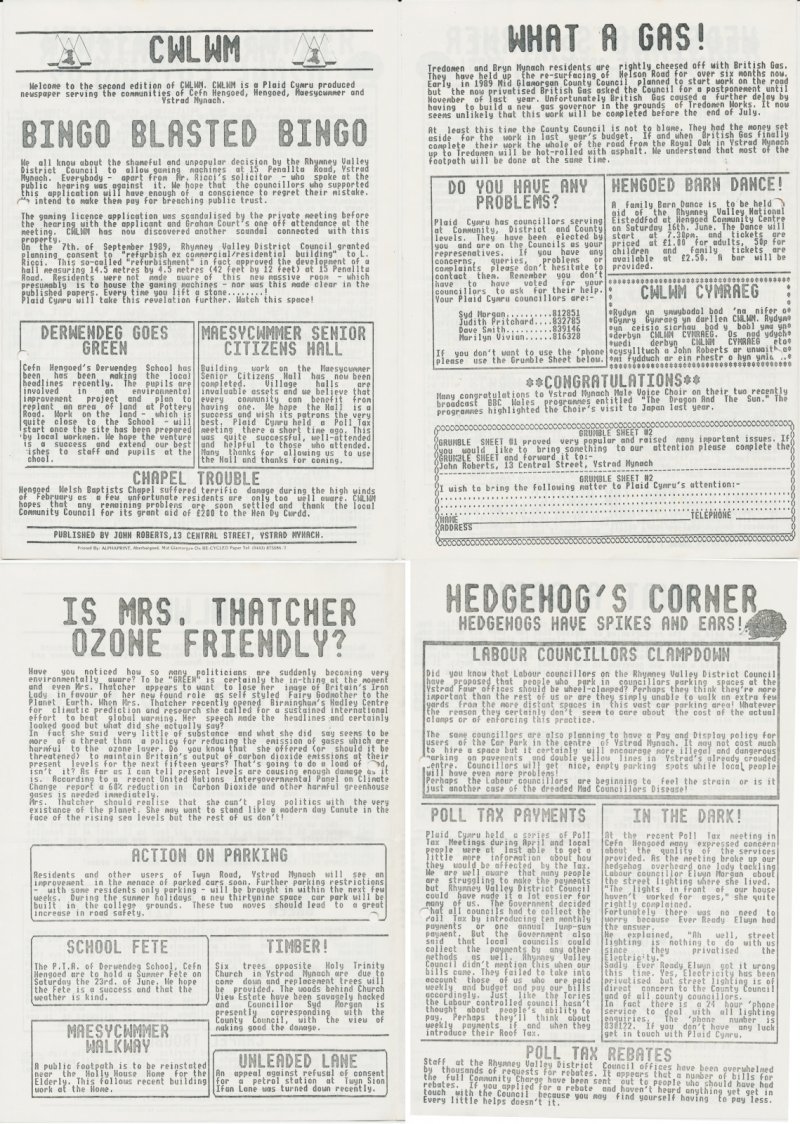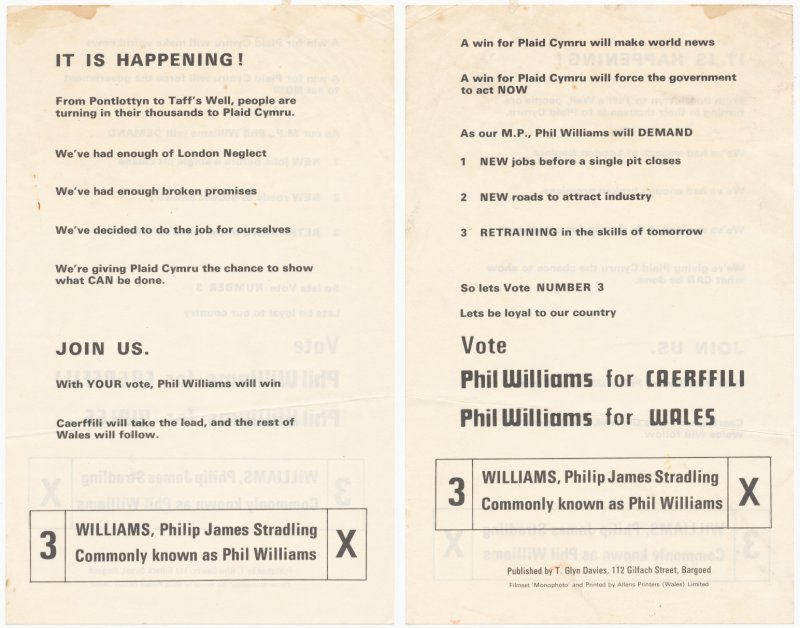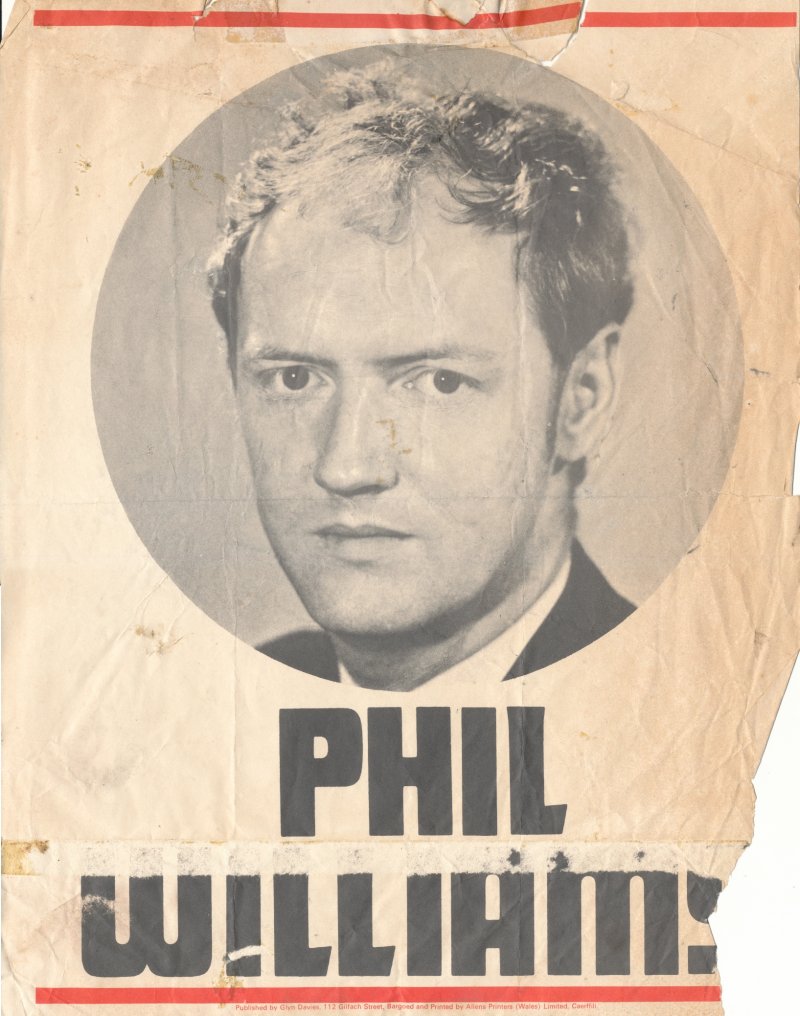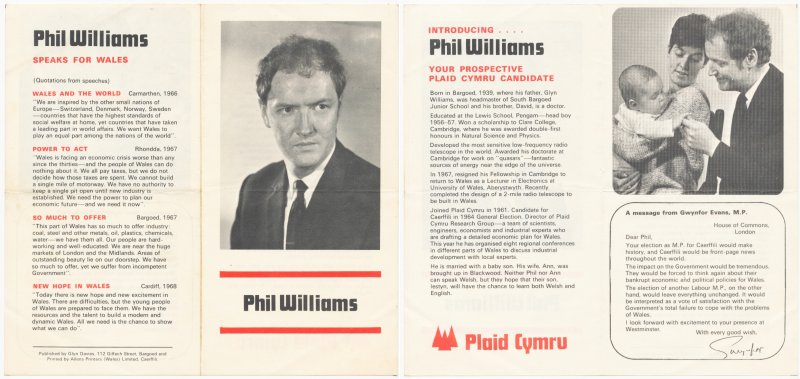Author: Rheolwr Gwefan
Pembrokeshire and Ceredigion
Cardiff
Merthyr
Maldwyn
Gwent
Caerphilly
Penarth meeting led to formation of Plaid Cymru
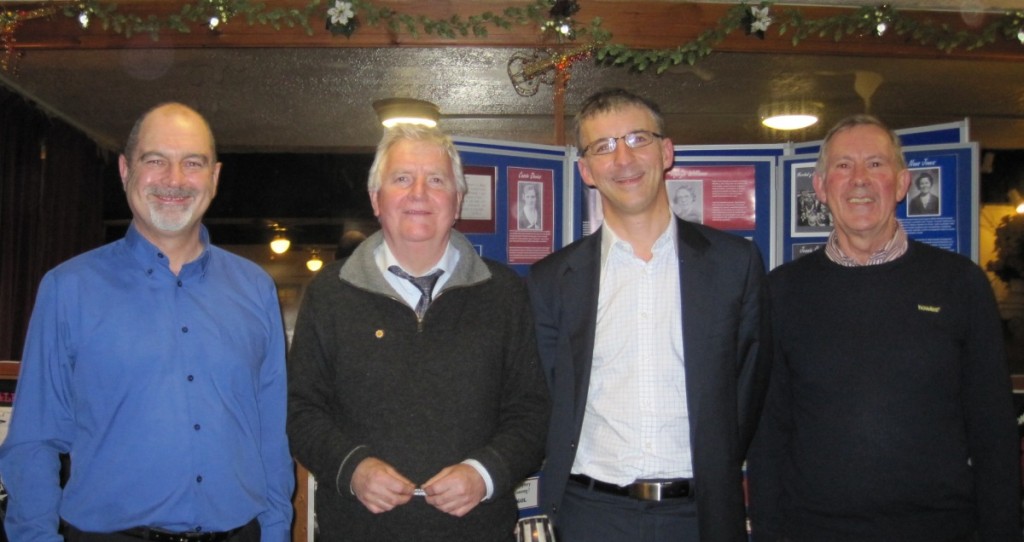
A special event was held to commemorate the 90th anniversary of the first meeting of The Welsh Movement, the group which led to the formation of Plaid Cymru. The historic, secret meeting was held in Bedwas Place in Penarth on January 7, 1924, and led by the lecturer and dramatist, Saunders Lewis, who lived in Penarth for many years. At this month’s event, guest speaker Professor Richard Wyn Jones spoke of the importance of the meetings held by the group and how they led to links with Nationalists in north Wales and the official formation of Plaid Cymru the following year. He explained how policies drawn up by the group became the policies of Plaid Cymru in its early years. As well as Saunders Lewis, the first historic meeting was attended by the historian, Ambrose Bebb, and the owners of the house in which it was held, the historian and Welsh scholar, G. J. Williams, and his wife, Elizabeth. This month’s event, organised by the Plaid Cymru History Society and the Penarth Branch of Plaid Cymru, was attended by about a hundred people, including a television crew. A packed room at the Windsor Arms heard Penarth Branch Chairman Adrian Roper welcome Prof Jones, party members and supporters and local residents interested in the history of politics in Penarth. The meeting was chaired by Assembly Member Alun Ffred Jones, a grandson of the Rev Ffred Jones, who joined the group shortly after the first meeting. A vote of thanks to the speakers was given by the Chairman of the Plaid History Society, Dafydd Williams. Among the audience at the commemorative event were the parliamentary and Assembly candidates for Cardiff South and Penarth, Ben Foday and Dr Dafydd Trystan Davies, who was elected as the party’s national Chairman last year.
First Newsletter of History Society
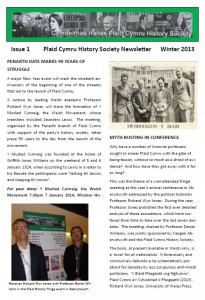 The first issue of the History Society’s Newsletter has been published.
The first issue of the History Society’s Newsletter has been published.
You can read it here >> Newsletter
Women in Plaid Exhibition
In the 2013 Annual Conference an exhibition of Women in ‘Plaid Cymru – The Early Years’ prepared by Yvonne Balakrishnan was displayed by the History Society. 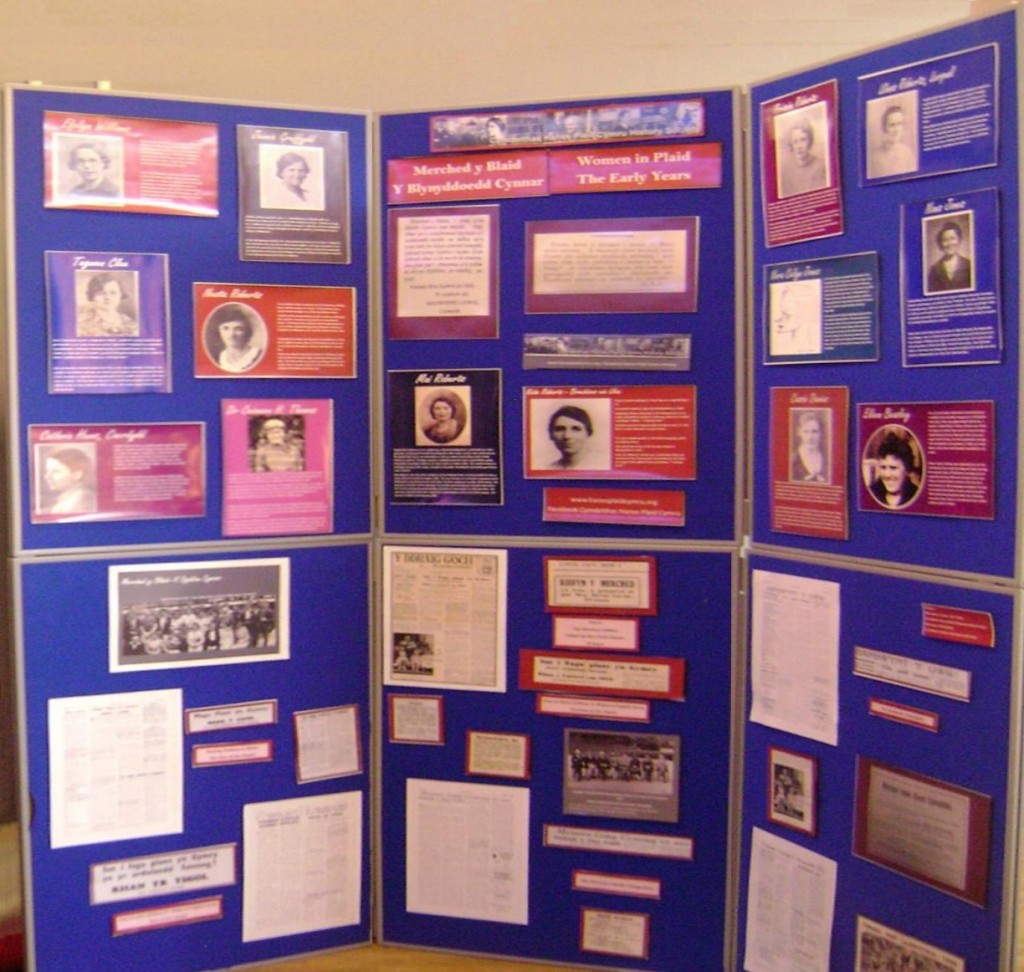
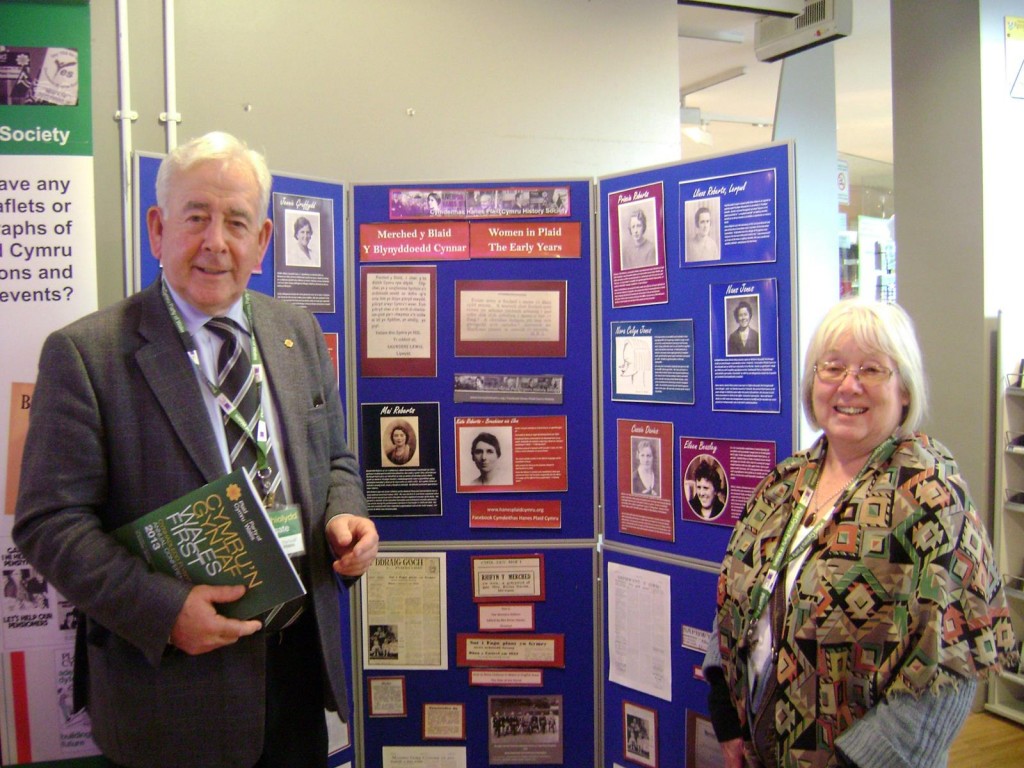
Amongst the women shown in the exhibition are –
Cassie Davies, Tegwen Clee, Eileen Beasley, Nesta Roberts
Priscie Roberts, Mai Roberts, Efelyn Williams, Kate Roberts
Dr Ceinwen H. Thomas, Cathrin Huws, Caerdydd, Jennie Gruffydd
Nans Jones, Nora Celyn Jones, Llinos Roberts, Lerpwl
Here are some of the portraits –
